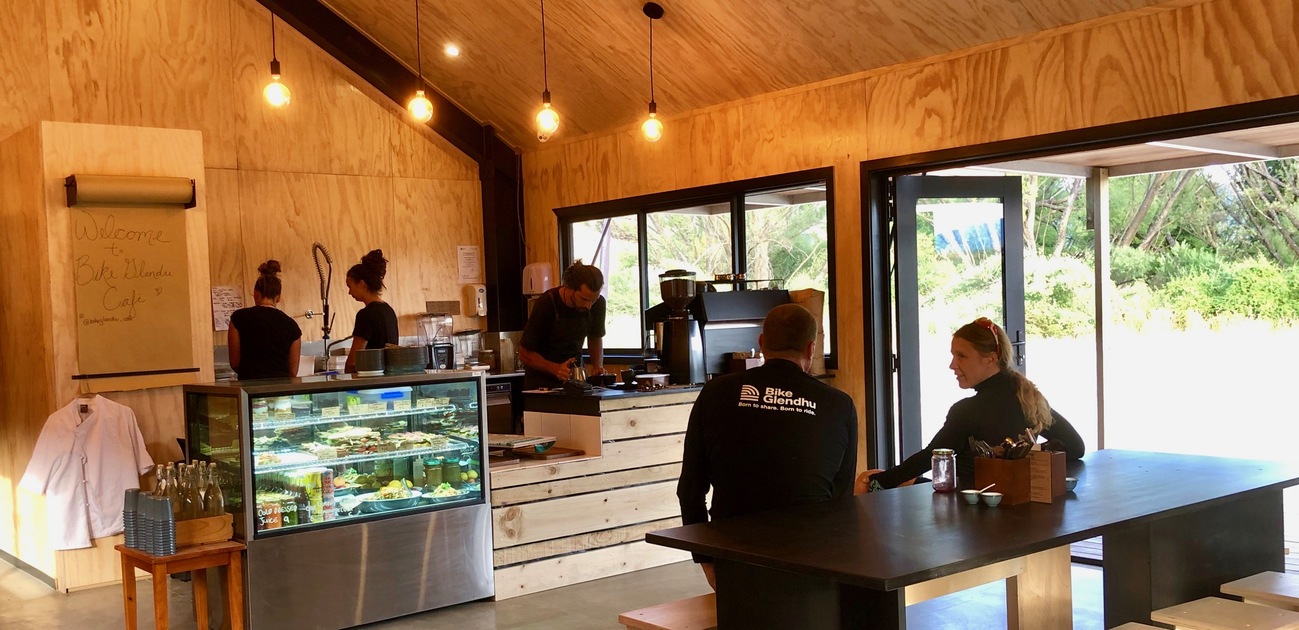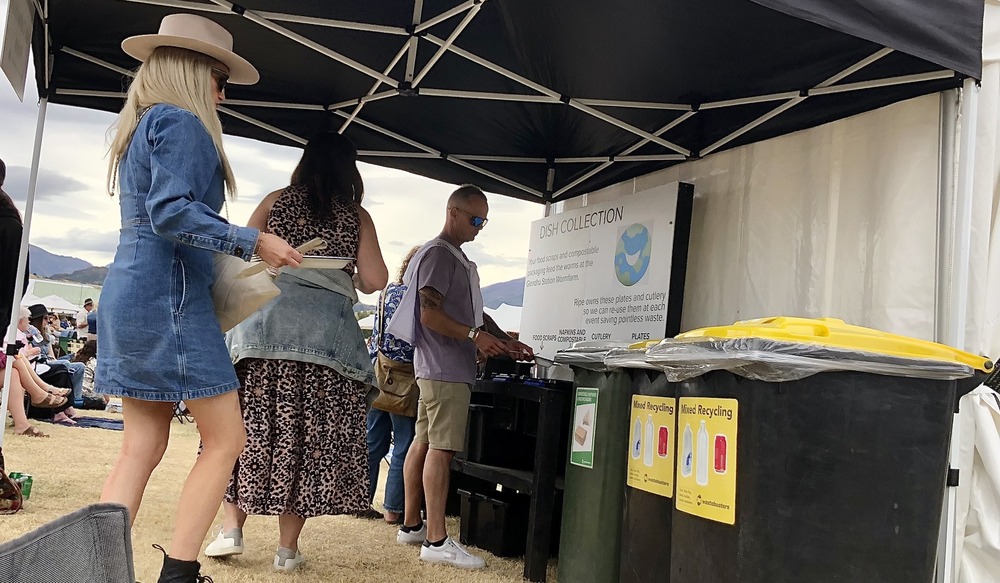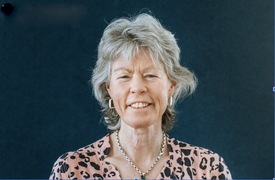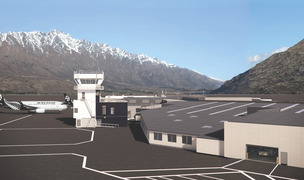Commercial composting facility approved at Glendhu

Staff Reporters
29 April 2025, 5:04 PM
 Food waste from Bike Glendhu’s Velo Cafe will be collected for the new composting facility at Glendhu Station.
Food waste from Bike Glendhu’s Velo Cafe will be collected for the new composting facility at Glendhu Station. Glendhu Station Ltd has been granted approval to build a commercial composting facility on station land to divert hundreds of kilos of food waste from local landfills.
The facility, located 800m off Motatapu Road, has approval to process up to 650kgs of food waste during the summer months and around 1000kgs during winter.
The Queenstown Lakes District Council consent has some conditions including a restriction on raw materials to 7m3 per week and the raw waste is limited to food waste (excluding meat, fish and shellfish), grass clippings and vegetation, woodchips and shavings, and cardboard and paper.
Glendhu Station, owned by the McRae family, is known for its diversity; in addition to high country farming it hosts a number of other ventures, including mountain biking park Bike Glendhu, a wedding and function venue in the station’s old woolshed, and a golf course which is under construction.
John McRae said composting was a “passion” and he’d been inspired by a number of local compost experts and sustainability enthusiasts to create the commercial composting facility.
Wanting to find a natural alternative to regular fertiliser, John started composting on a small scale at Treble Cone skifield and discovered the growth benefits to the station’s gardens and trees nurtured by the compost, he said.
“This is a big extension of what I started at Treble Cone.”
Discovering others in the community who shared his vision led to this initiative to establish a sustainable compost production on a larger scale. It was a team effort to source funding and organise logistics, he said, but it happened very quickly.
“I’m just providing the land and facility for the operation: it’s the people around me who make it happen,” John said.

Waste food and other compostables collected at the recent Ripe Festival will be added to the station’s composting facility.
The organic waste will be collected in wheelie bins from various businesses supporting the compositing initiative, including Velo Cafe at Bike Glendhu, Fresh Link and Dripping Bowl in Wānaka, and Treble Cone skifield.
Although there will be a couple of worm farms in use, the facility will predominantly use a hot composting operation to combine the organic waste with green waste, paper, wood chips, and so on. The hot composting process begins in an existing shed; after three to six months aerated windrows will be moved into the paddock beside the shed for the final stage and storage.
John expects a couple of truckloads of organic waste each week, which will reduce to roughly half a truck of reusable compost once the process is complete.
He said the compositing operation was not only good for the environment and community by diverting organic waste from landfills but it also produced a quality fertiliser product which he will use on the station.
Unlike superphosphate which only provides nutrients, this compost, a nutrient rich, crumbly mulch, also retains moisture and reduces the nutrient runoff and leaching, he said.
PHOTOS: Wānaka App





